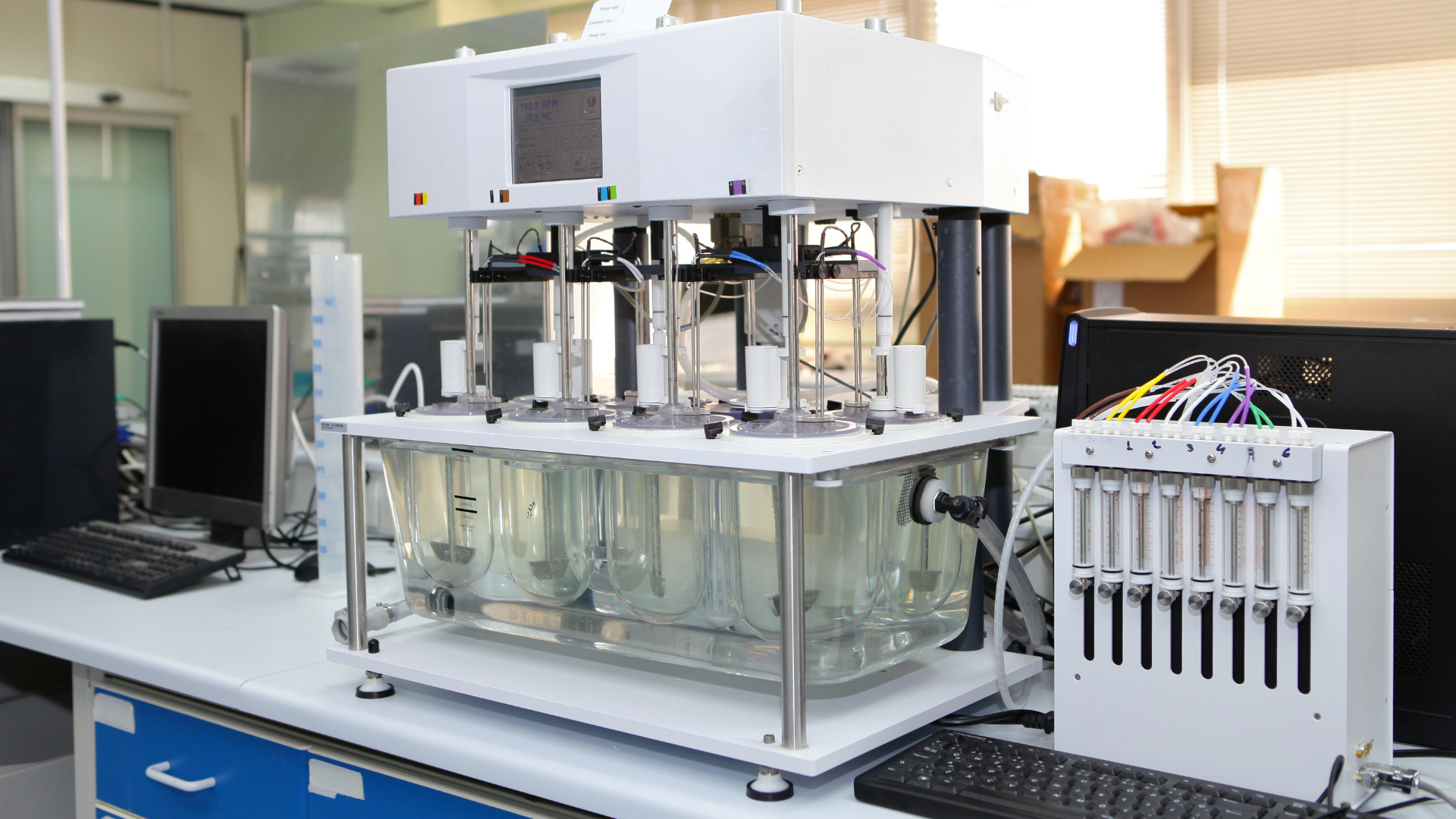If you’re considering a career as a forensic science technician, this article will provide you with an in-depth overview of the qualifications, salary prospects, required training and certification, job duties and more.
You’ll discover that there’s more to the role than simply solving crimes – it involves collecting and preserving evidence at crime scenes to assist investigators. So if a career in forensic science application appeals to you, please read on!
What is Forensic Science?
Forensic science technicians play a crucial role in the criminal justice system by collecting and analyzing evidence from crime scenes. These professionals are responsible for gathering evidence, such as fingerprints, DNA samples, and other trace materials, to help solve crimes and assist in legal proceedings.
They take the samples back to their science lab bench, employing advanced techniques and cutting-edge technology to meticulously examine and interpret the gathered evidence. Through a systematic and meticulous approach, forensic science technicians aim to uncover crucial details that can shed light on the circumstances surrounding a crime, assisting law enforcement in building a solid case for prosecution and ensuring justice is served.
In order to ensure accuracy and maintain the integrity of the evidence, forensic science technicians must adhere to strict protocols and use appropriate safety gear. The use of gloves (such as those found on https://uk.unigloves.com/), particularly, is of utmost importance as it helps prevent cross-contamination between different pieces of evidence, as well as protects the technician from potential exposure to hazardous substances.
Additionally, other safety gear, such as protective eyewear and masks, may also be necessary depending on the nature of the crime scene or the type of evidence being handled. Overall, the work of forensic science technicians is vital in the pursuit of justice, and the use of proper safety gear is essential to preserve the integrity of the evidence and protect the technicians themselves.
What Do Forensic Science Technicians Do?
Forensic science technicians use their scientific expertise to help solve crimes. They collect and analyze evidence from crime scenes, using a variety of scientific methods. This evidence can be used to identify suspects, determine the cause of death, or prove the innocence of a suspect.
Forensic science technicians typically have a bachelor’s degree in forensic science or a related field. Many have experience working in a laboratory environment. Some forensic science technicians are certified by professional organizations, such as the American Board of Criminalistics.
How to Become a Forensic Science Technician
Forensic science technicians play an important role in the criminal justice system by helping to solve crimes and catch criminals. If you are interested in becoming a forensic science technician, there are a few things you need to know.
1. It is important to have a strong background in science, specifically chemistry and biology. This will give you the knowledge you need to understand the evidence you will be working with. Additionally, it is helpful to have experience with computers and software programs, as you will be using these tools to collect and analyse data.
2. It is necessary to complete formal training in forensic science. Many colleges and universities offer certificate or degree programs in this field. Many professional organizations offer certification programs for those who want to specialize in a particular area of forensic science.
3. It is important to have good communication and interpersonal skills. As a Forensic Science Technician, you will be working closely with law enforcement officials, crime scene investigators, and other professionals. You must be able to communicate effectively with these individuals to exchange information and collaborate on cases.
4. It is beneficial to have some experience working in a laboratory setting. Many forensic science technicians start their careers as lab assistants or technicians before moving into more specialized roles. This experience can be helpful when working with complex evidence or performing difficult analyses.
If you are interested in becoming a Forensic Science Technician, there are several things you need to do to prepare yourself. First and foremost, it is important to gain knowledge and experience in the field. This can be done through formal training programs or by working as a lab assistant or technician.
Additionally, it is important to build strong communication and interpersonal skills to interact with other professionals within the criminal justice system. With dedication and hard work, you can become a successful Forensic Science Technician.
The Job Outlook for Forensic Science Technicians
Forensic science technicians help solve crimes by collecting and analyzing evidence. Many technicians work in local or state police departments, crime laboratories, or sheriff’s offices. Some work for the federal government, including the Federal Bureau of Investigation (FBI).
Job prospects should be best for those who have a bachelor’s degree in forensic science or a related field and have completed an internship or have work experience in a crime laboratory.
As the public becomes more interested in crime and its solutions through popular television shows and movies, there should be an increased demand for the work of forensic science technicians. In addition, advancements in DNA analysis techniques are expected to lead to more job openings for these workers as well.
Forensic science technicians undertake a vital role in the criminal justice system and are an essential part of any investigation. Becoming a forensic science technician requires dedication, knowledge, and expertise that not everyone has. If you believe this is something for you then it is essential to do your research beforehand to get a better understanding of what it entails.
With the right training, qualifications, and experience there are plenty of opportunities to make use of these skills within law enforcement or even as a freelance consultant.




